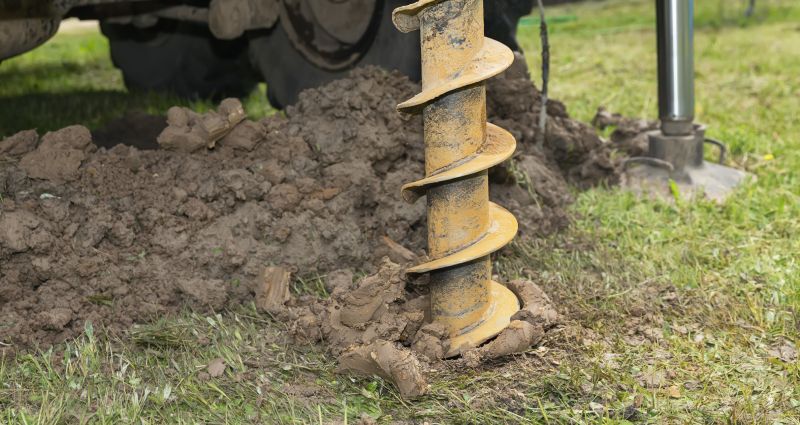
Lexington - Well Digging Installation
Get help with your well digging installation needs. Fill out the form above and we will connect you with local pros in your area. Well Digging Installation offers numerous benefits for homeowners and businesses alike. One of the primary advantages is the access to a reliable and sustainable water source. Well Digging Installation ensures a continuous supply of fresh and clean water, reducing dependency on municipal water systems. This not only helps in conserving water resources but also provides cost savings in the long run. Additionally, Well Digging Installation allows for greater control over the quality of the water, as it eliminates the risk of contaminants commonly found in public water supplies. Moreover, well water is not subject to the same restrictions and regulations as municipal water, providing flexibility for irrigation, landscaping, and other water-intensive activities. Overall, Well Digging Installation provides a self-sufficient water solution that is environmentally friendly, cost-effective, and offers greater control over water usage.Well Digging Installation is the process of excavating and constructing a well to access groundwater for various purposes. It involves drilling or digging a hole into the ground until it reaches an aquifer, which is a layer of permeable rock or soil that holds water. Well digging installation is commonly used for obtaining drinking water, irrigation, industrial purposes, and firefighting. The installation process typically involves the use of specialized equipment, such as drilling rigs or excavators, to dig the well and install the necessary components, including casing, screens, and pumps. It is important to hire professionals with experience in well digging installation to ensure proper construction and maintenance of the well.

